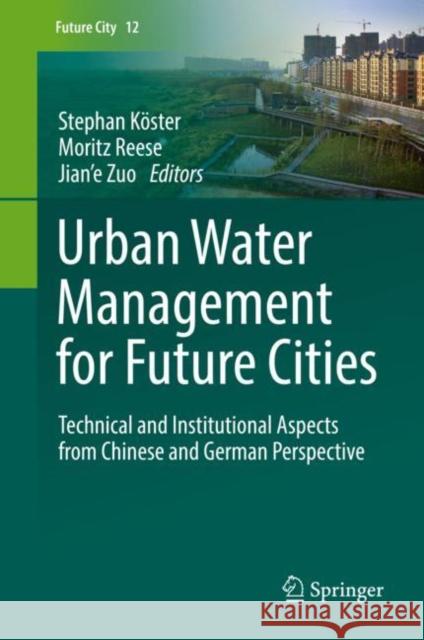Urban Water Management for Future Cities: Technical and Institutional Aspects from Chinese and German Perspective » książka
topmenu
Urban Water Management for Future Cities: Technical and Institutional Aspects from Chinese and German Perspective
ISBN-13: 9783030014872 / Angielski / Twarda / 2019 / 499 str.
Urban Water Management for Future Cities: Technical and Institutional Aspects from Chinese and German Perspective
ISBN-13: 9783030014872 / Angielski / Twarda / 2019 / 499 str.
cena 603,81
(netto: 575,06 VAT: 5%)
Najniższa cena z 30 dni: 578,30
(netto: 575,06 VAT: 5%)
Najniższa cena z 30 dni: 578,30
Termin realizacji zamówienia:
ok. 22 dni roboczych.
ok. 22 dni roboczych.
Darmowa dostawa!
Kategorie:
Kategorie BISAC:
Wydawca:
Springer
Seria wydawnicza:
Język:
Angielski
ISBN-13:
9783030014872
Rok wydania:
2019
Wydanie:
2019
Ilość stron:
499
Oprawa:
Twarda
Wolumenów:
01











